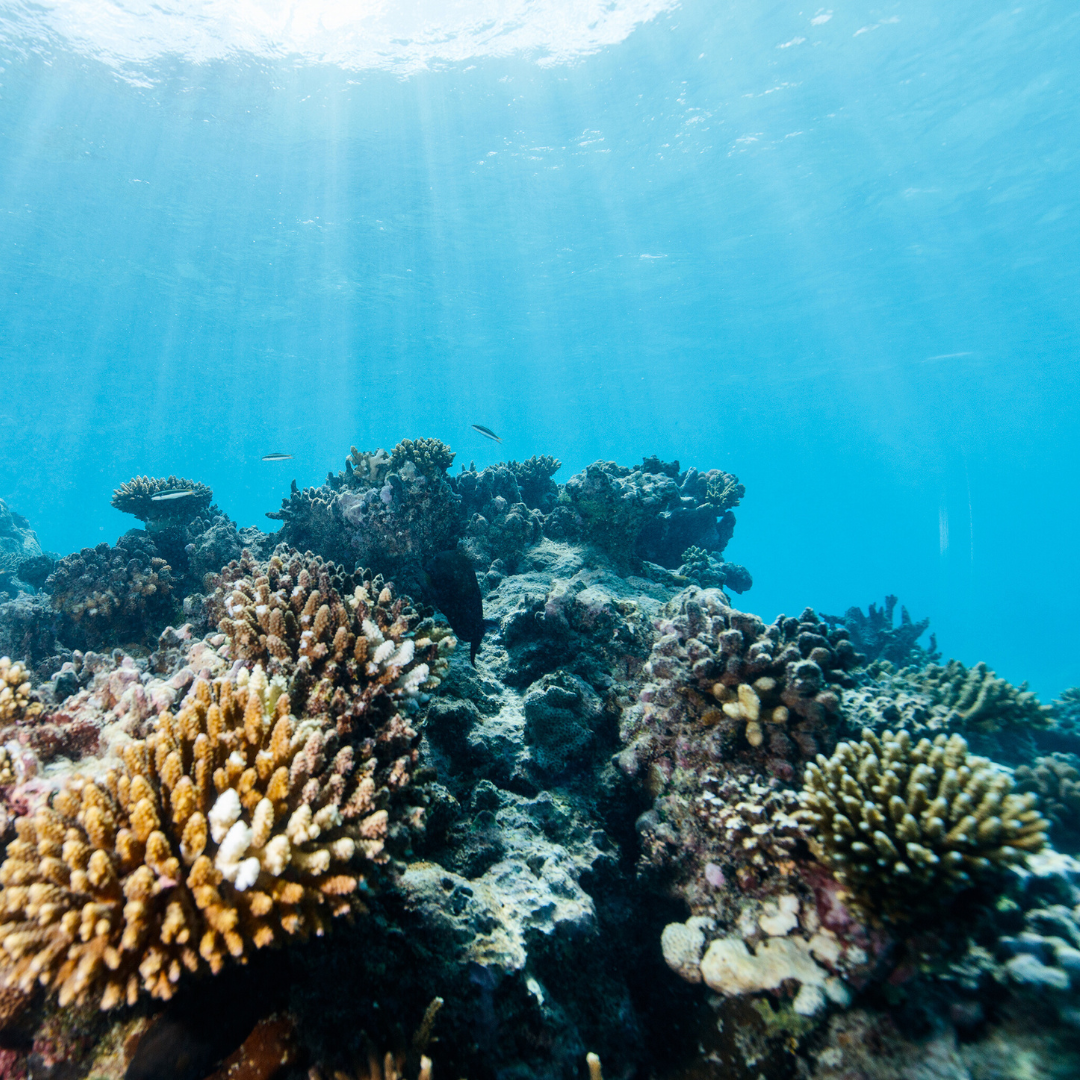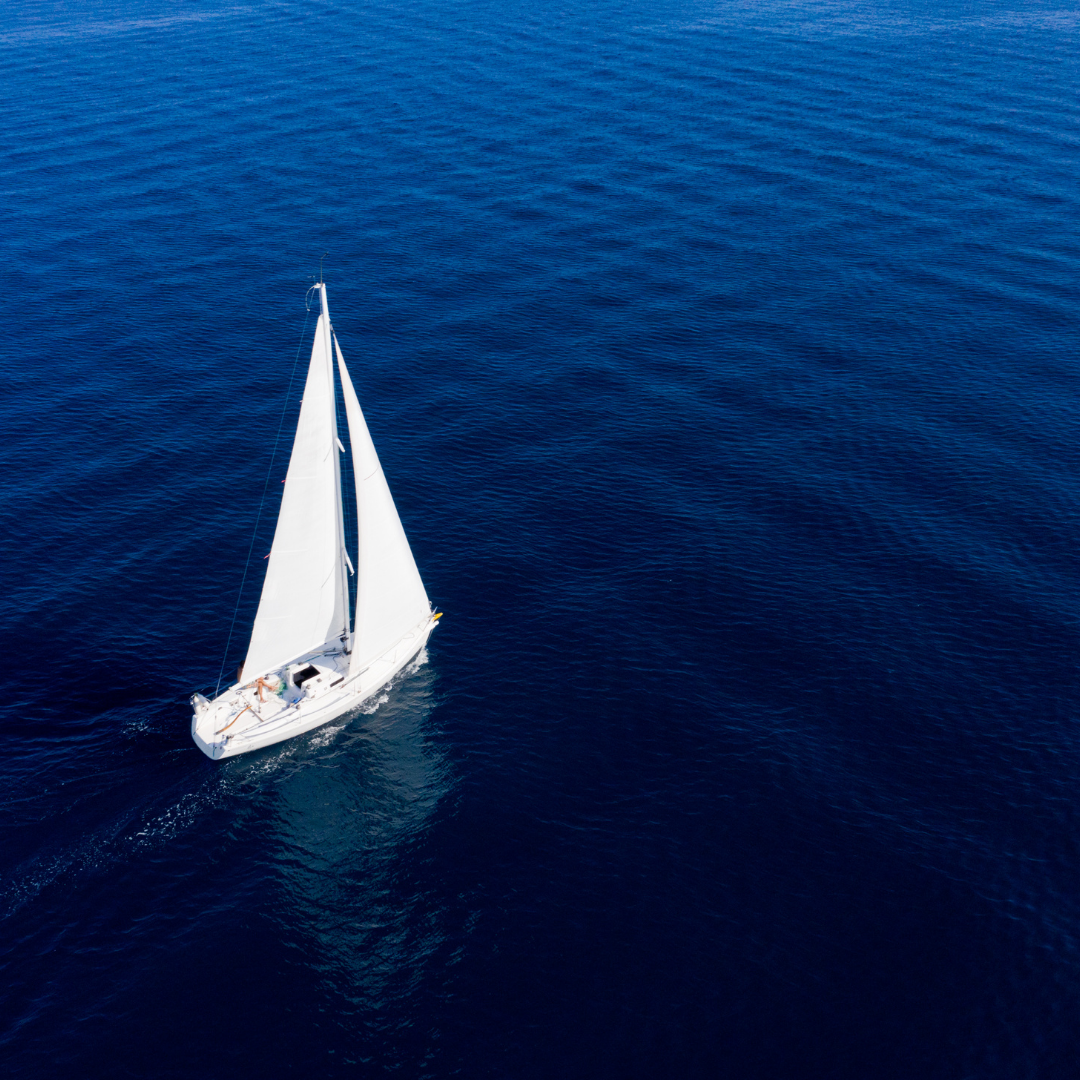Mozambique’s Marine Reserves: Diving into Pristine Coral Reefs and Marine Life

Mozambique, a nation nestled along the southeastern coast of Africa, is an untamed paradise for marine enthusiasts. With the vast Indian Ocean stretching along its coastline, the country boasts a series of marine reserves that serve as sanctuaries for an astounding variety of marine life and pristine coral reefs. These reserves not only capture the essence of underwater beauty but are also poignant reminders of the need for marine conservation. Diving into these azure waters offers a unique blend of exploration, wonder, and awareness.
Ponta do Ouro Partial Marine Reserve: Turtles and Rays
Situated in the southernmost tip of Mozambique, Ponta do Ouro Partial Marine Reserve is a biodiverse hotspot. Famous for its nesting turtles and manta rays, the reserve is a tapestry of marine life. Divers and snorkelers are often left mesmerized by encounters with loggerhead and leatherback turtles. The sandy bottoms and reef ledges are also frequented by rays, including the majestic manta rays. Beyond these iconic species, the reserve is a haven for a plethora of marine creatures, each adding to the intricate mosaic of underwater life.
The Marine Wonders of Quirimbas National Park
Stretching along the northern coast of Mozambique, Quirimbas National Park encompasses both terrestrial and marine ecosystems. Below the waves, the park unveils a realm of coral gardens, seagrass beds, and mangrove forests. These diverse habitats are sanctuaries for a myriad of species, from colorful reef fish to elusive dugongs. The crystal-clear waters and the park’s remote location ensure that dives here are undisturbed and intimate, making every underwater excursion a journey of discovery.
Two-Mile Reef: A Diver’s Dream with Vibrant Corals
Located off the Bazaruto Archipelago, the Two-Mile Reef is an epitome of coral splendor. Renowned for its vibrant hard and soft corals, the reef is a diver’s dream. Schools of fusiliers, angelfish, and parrotfish dart among the corals, their colors shimmering in the filtered sunlight. Dive sites within the reef vary in depth and topography, catering to both novice and experienced divers. With every dive, the reef promises new encounters and breathtaking vistas, making it a must-visit marine destination.
The Commitment to Conservation: Mozambique’s Efforts
Recognizing the ecological and economic significance of its marine treasures, Mozambique has displayed a steadfast commitment to conservation. Marine reserves and national parks are bolstered by stringent regulations that curb overfishing and habitat destruction. Collaborations with international conservation bodies have further strengthened protection measures. Additionally, community-based conservation initiatives are gaining momentum, ensuring that local communities play an active role in safeguarding their marine heritage.
Whale Shark Encounters: Gentle Giants of the Sea
Mozambique’s waters are frequented by the gentle giants of the marine world – whale sharks. These filter-feeding sharks, the largest fish in the ocean, are often spotted near the surface, where they feed on plankton. Encounters with these magnificent creatures are humbling and awe-inspiring. Their graceful movements and docile nature allow divers and snorkelers to observe them at close quarters, creating memories that last a lifetime.
The Mystery of Sunken Ships: Wrecks Waiting to be Explored
The waters off Mozambique’s coast hold secrets of the past – sunken ships that have become artificial reefs over time. These wrecks, remnants of maritime mishaps or battles, are time capsules teeming with marine life. From coral-encrusted cannons to schools of fish taking refuge in ship chambers, these wrecks offer a unique blend of history and nature. Exploring them is akin to diving into stories of seafarers, traders, and explorers, making every wreck dive an adventure in both space and time.
Marine Research and Eco-Volunteering Opportunities
For those keen on contributing to marine conservation, Mozambique offers numerous research and eco-volunteering opportunities. Marine research stations, affiliated with global conservation organizations, carry out studies on coral health, marine megafauna, and habitat dynamics. Volunteers can participate in data collection, species identification, and community awareness programs. These initiatives not only contribute to conservation but also provide a deeper understanding of the intricate dynamics of marine ecosystems.
Mozambique’s marine reserves are more than just destinations; they are vibrant testimonies to the wonders of the marine world and the efforts to protect it. Diving into these reserves is an experience that oscillates between the thrill of exploration and the serenity of being one with nature. Each coral, fish, ray, and turtle encountered tells a story – of evolution, adaptation, and survival. As the surface is breached after a dive, and the vastness of the Mozambican coast unfolds, there’s a realization: The true essence of these marine reserves lies not just in their beauty but in their ability to inspire, educate, and instill a sense of responsibility. In the dance of light and shadows beneath the waves, in the silent gaze of a turtle, and in the gentle glide of a manta ray, lies an invitation – to protect, preserve, and cherish the marine wonders of Mozambique.


